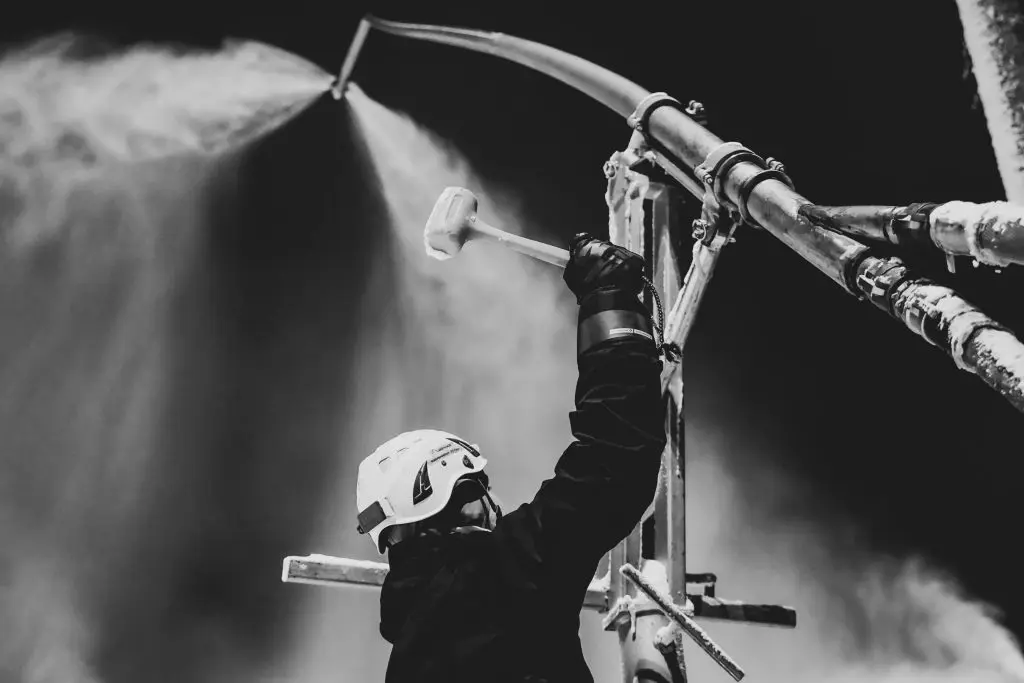
Pipelife Ireland Drives Sustainability in the Construction Sector Sustainability has become a key focus across the construction industry, and Ireland is no exception. As the sector works to reduce its environmental impact, companies like Pipelife Ireland are playing a vital role in driving meaningful progress. Embracing a More Sustainable Future The shift towards sustainability in […]
Sustainability has become a key focus across the construction industry, and Ireland is no exception. As the sector works to reduce its environmental impact, companies like Pipelife Ireland are playing a vital role in driving meaningful progress.
The shift towards sustainability in construction is visible across multiple fronts: from stricter regulations like Nearly Zero Energy Building (NZEB) standards to the upskilling of workers through ETBs and training initiatives. At the same time, designers and engineers are now routinely factoring in embodied carbon at every stage of a building’s lifecycle, embedding sustainability into construction from the outset.
Pipelife Ireland welcomes these advancements and is actively contributing to further improvements across the industry. As Ireland’s largest plastic pipe manufacturer, Pipelife is not only working to make its own products more sustainable, but also helping buildings themselves become more energy-efficient and environmentally responsible.
Pipelife is helping Irish homeowners and renovators meet their green energy goals through a range of renewable heating and ventilation systems, including:
Air-to-water heat pumps, offering efficient, renewable home heating.
Underfloor heating systems, which pair well with heat pumps and provide a low-temperature, energy-efficient heating solution.
Mechanical ventilation with heat recovery (MVHR) systems, improving indoor air quality while minimising heat loss.
Eco-heating pipes, which are pre-insulated to reduce energy loss and increase system efficiency.
These solutions are designed not only for performance and comfort but also to help reduce the carbon footprint of residential buildings.
Pipelife’s commitment to sustainability extends well beyond its products. The company actively works to improve sustainability across its day-to-day operations, including the materials used and the energy consumed in its manufacturing processes.
Pipelife is also in the process of developing Life Cycle Analyses (LCAs) and Environmental Product Declarations (EPDs) for many of its products. These tools allow the company to quantify the environmental impact of its offerings and make more informed decisions to lower their embodied carbon.
Sustainability is not just a technical challenge, it’s a cultural shift. To embed environmental responsibility across all levels of the company, many members of the Pipelife team are undergoing Sustainability Leadership training. This ensures that sustainability remains a core focus in every department, from product development to operations and beyond.
A major principle underpinning sustainability efforts is the shift towards a circular economy — one where materials are reused, recycled, and regenerated rather than discarded. In the construction sector, this requires rethinking how products are designed, used, and eventually decommissioned.
While Pipelife is already taking steps through Life Cycle Assessments and product innovation, the wider adoption of circular practices in construction is still in its early stages. Key challenges include:
Lack of standardised material reuse protocols
Limited infrastructure for take-back or recycling
Need for better traceability and transparency across supply chains
Pipelife’s efforts to quantify environmental impacts and explore circular-ready products are helping to lay the groundwork for more systemic change in this area.
A building’s carbon footprint isn’t just about how it operates, it’s also shaped by the emissions embedded in the materials used throughout its supply chain. This includes extraction, manufacturing, transport, and installation.
By focusing on material selection, efficient manufacturing, and energy-conscious logistics, Pipelife is helping to address these often invisible emissions. In doing so, it supports architects and engineers who are increasingly using Whole Life Carbon assessments to guide their design choices.
Future advances in product traceability, such as QR-coded environmental data sheets or real-time carbon dashboards, could take this transparency to the next level, helping customers make informed, responsible decisions.
As the construction industry continues to grapple with its environmental impact, Pipelife is committed to achieving world-class results in meeting its Environmental, Social, and Governance (ESG) targets. On a group-wide level, the company is leading efforts to:
Improve workplace safety
Reduce carbon emissions
Design products aligned with the goals of a circular economy
With strong values, a skilled team, and a focus on innovation, Pipelife Ireland is determined to continue setting the standard for sustainable piping and heating solutions, not only for today, but for the next 50 years.
Pipelife Ireland is proving that sustainability and innovation can go hand in hand. From renewable heating systems to operational improvements and staff upskilling, the company is playing a key role in transforming Ireland’s construction sector into a greener, more responsible industry. As sustainability continues to shape the future of building, Pipelife stands ready to lead the way.
At All-Ireland Sustainability, we’re committed to building a greener, fairer island, together. Stay informed on the latest environmental initiatives, community action, and policy developments shaping sustainability across Ireland, North and South.
👉 Sign up for our newsletter today and be the first to hear about upcoming events, expert insights, and ways to get involved.
Whether you’re a seasoned advocate or just starting your journey, new members are always welcome.
Subscribe now and be part of the All-Ireland Sustainability Membership.